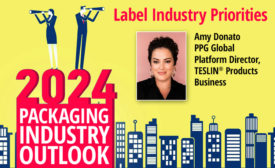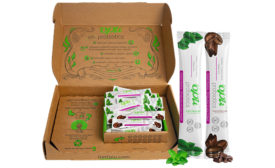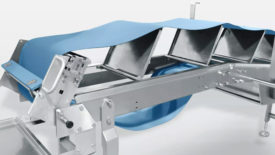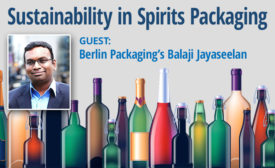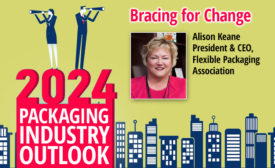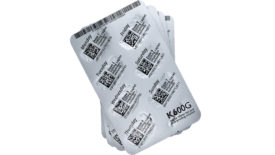Featured on Home Page
2024 Packaging Industry Outlook
Labels’ Expanding Roles Include Brand Protection, Supporting Sustainability
December 19, 2023
Case Study: Venturing Into E-Commerce
Entrepreneur Tiffany Krumins enlisted the help of Peachtree Packaging & Display to sell her line of probiotics directly to consumers.
December 18, 2023
Conveyors
Hygienic Improvements with Conveyors Allow Streamlined Packaging Process
Embracing efficiency
December 14, 2023
2024 Packaging Industry Outlook
CPG Firms Gear Up to Meet Recyclability Mandates, Brands’ Sustainability Goals
December 11, 2023
Foils
Brand Protection, Pill Protection & Aesthetic Appeal
The myriad functions of foil in CPG are exemplified by these developments that made headlines in 2023.
December 8, 2023
2024 Packaging Industry Outlook
How innovation will bolster cold chain packaging solutions in 2024
December 5, 2023
Editor's Note | Brad Addington
An organization that recognizes excellence in packaging has unexpected ties to my geographical roots and one of my favorite bands.
Now and Then
December 5, 2023
Keep the info flowing with our eNewsletters!
Get the latest industry updates tailored your way.
JOIN TODAY!Copyright ©2025. All Rights Reserved BNP Media.
Design, CMS, Hosting & Web Development :: ePublishing


